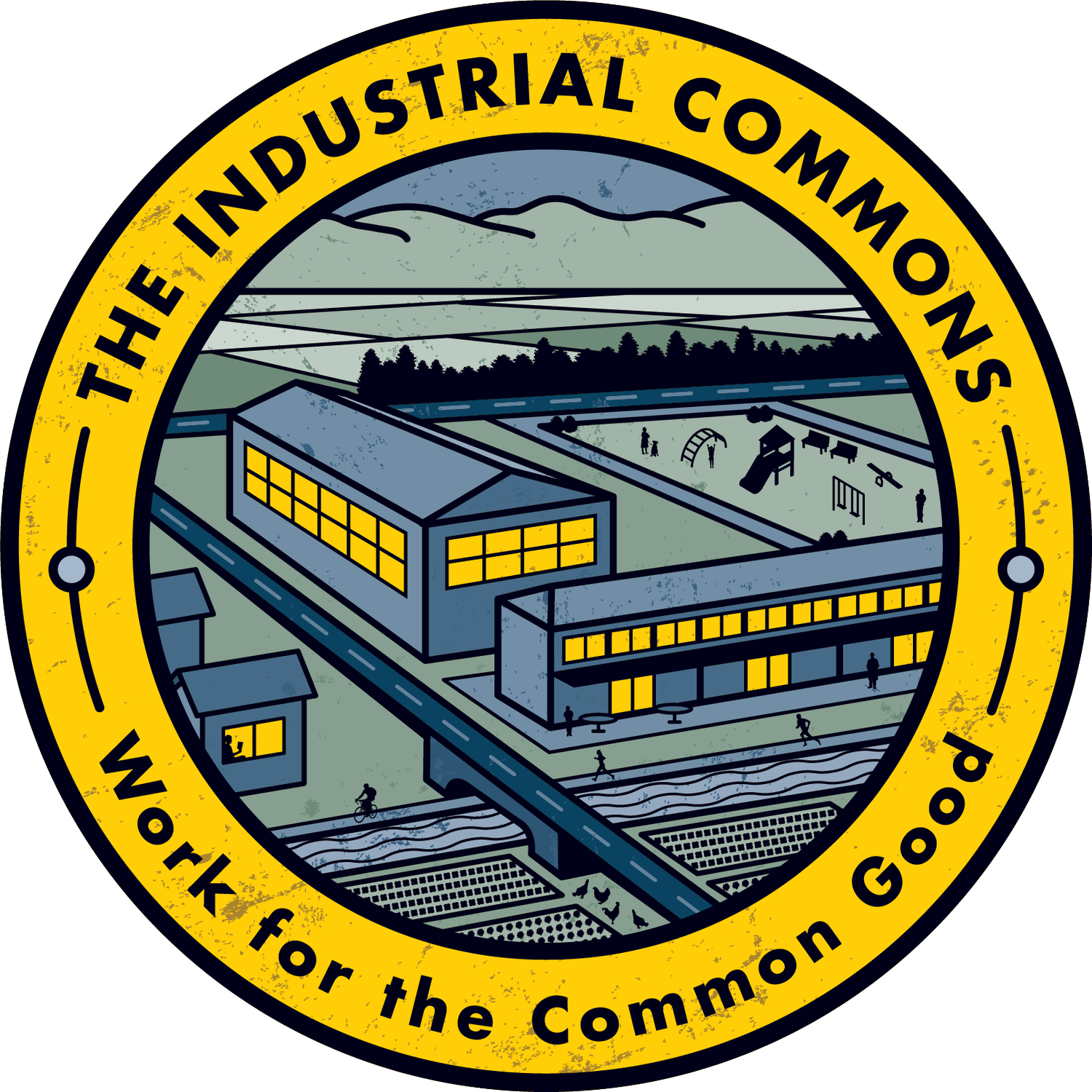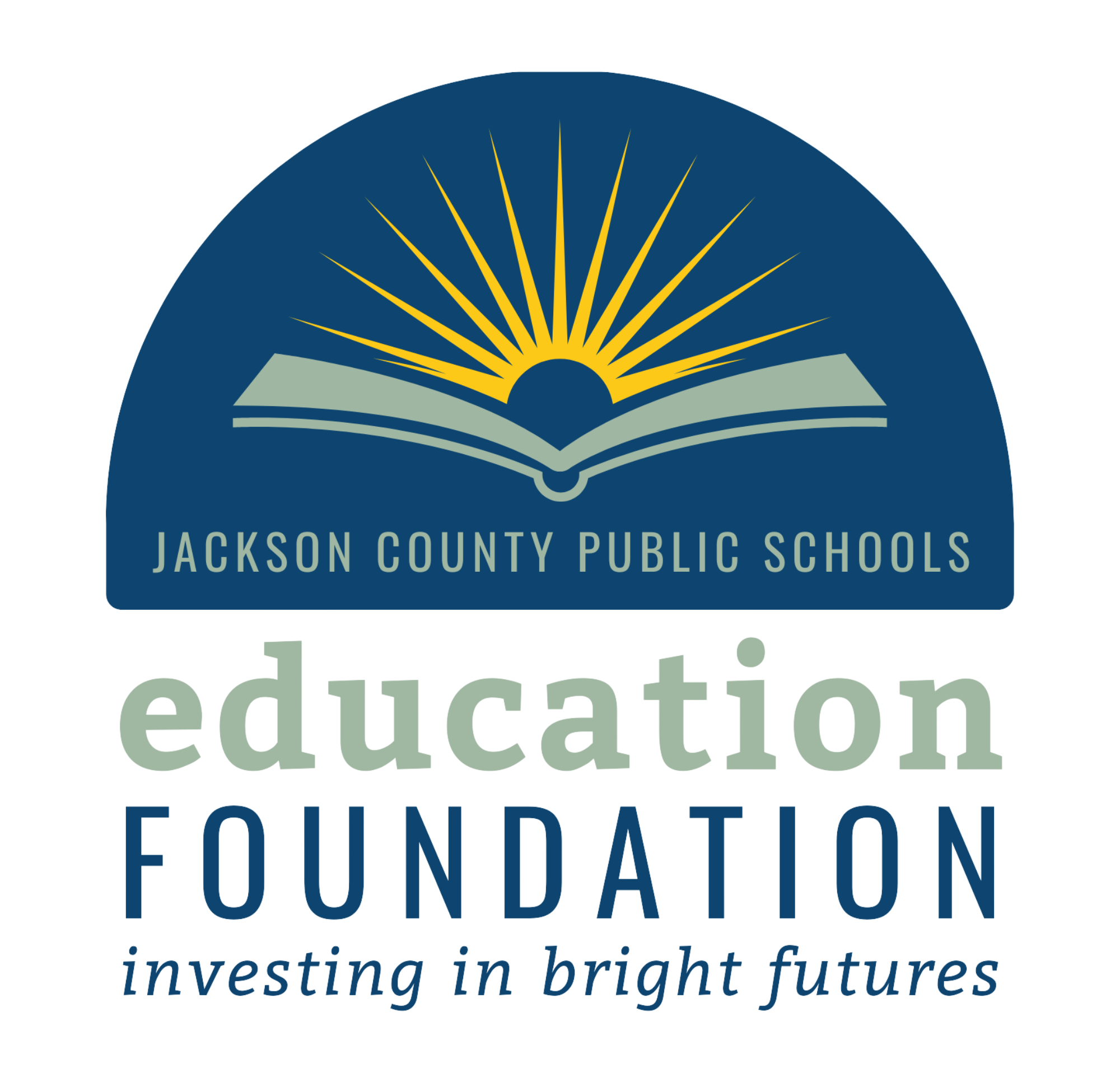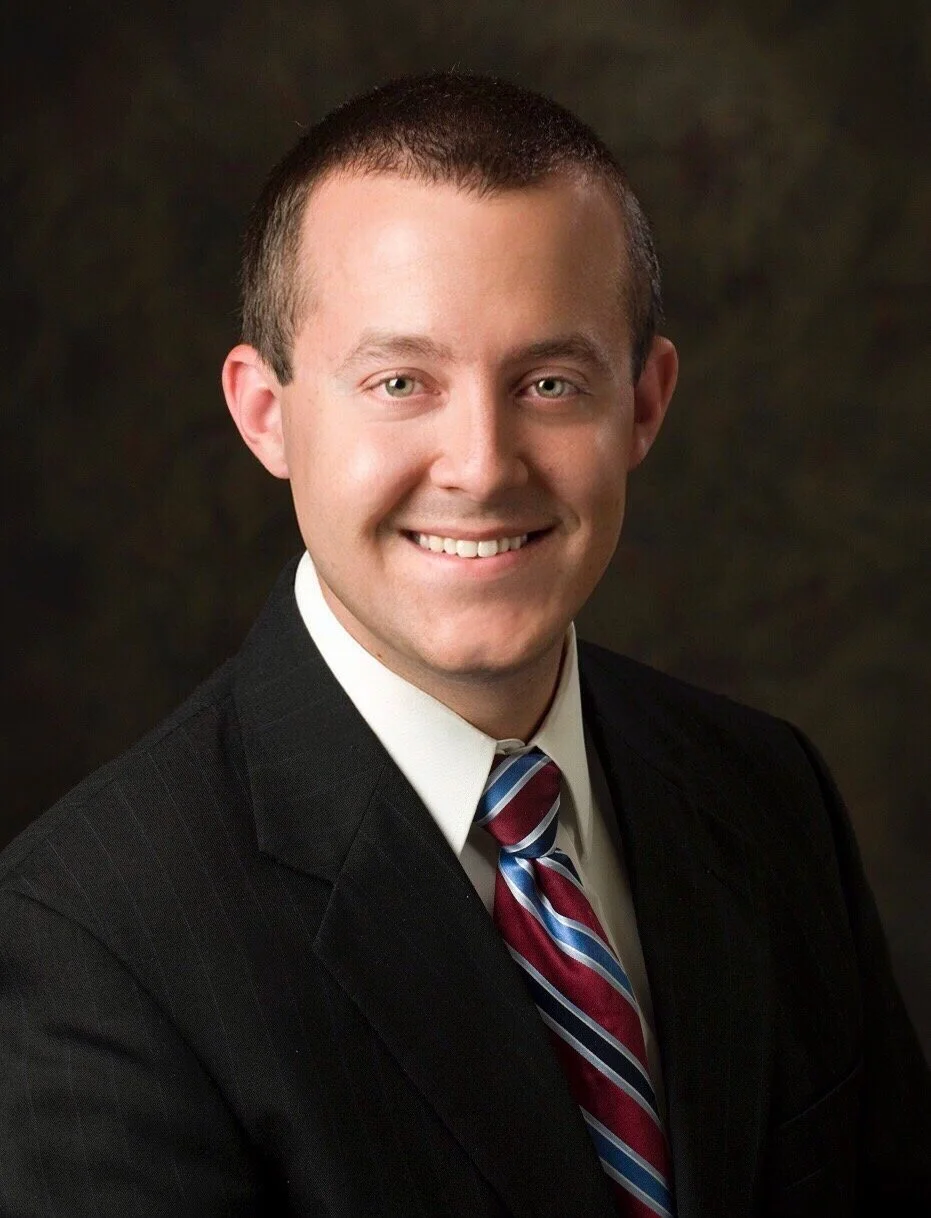Mission
The Civic Hub Business Grants are designed to advance a charitable purpose by investing in local civic leadership and economic resilience. Through this regranting initiative, The Industrial Commons (TIC) will support 5–10 community-rooted projects, each with a budget of up to $20,000. These grants are aimed at civic entrepreneurs—businesses and organizations actively strengthening civic life across Western North Carolina. Whether you’re fostering connection, amplifying local voices, or creating spaces of belonging, we want to help you deepen your impact. A selection committee will review all applications and award grants through a transparent, democratic process rooted in community input and shared values.
-
Description text goes hereThe following organization types are eligible to apply: 501c3 non-profit, business association, business with charitable activities, CDA, CDC, CDFI, cooperative, community college, community foundation, family foundation, fiscally sponsored project/organization, health foundation, local or tribal government. The grants cannot support organizations operating as or sharing staff with a (501(c)(4), (c)(5), or (c)(6) organization. This includes advocacy and policy-focused organizations). All organizations or businesses must be non-partisan and non-political.
Organizations and businesses in the following counties located in Western North Carolina are eligible to apply: Alexander, Alleghany, Ashe, Avery, Buncombe, Burke, Caldwell, Catawba, Cherokee, Clay, Cleveland, Gaston, Graham, Haywood, Henderson, Jackson, Lincoln, Macon, Madison, McDowell, Mitchell, Polk, Rutherford, Swain, Transylvania, Watauga, Wilkes, and Yancey.
-
This regranting initiative is made possible by support from Trust for Civic Life, which funds a wide range of non-partisan entrepreneurs, programs, organizations and innovative digital leaders who play a key role in their local and regional civic ecosystems. Selection is informed by these key characteristics:
Embedded in Community: Lives within the communities they serve.
Community-led Action: Leads or supports community members to identify problems and work towards solutions.
Bridge Builders: Builds and strengthens community networks by regranting, connecting people to resources, supporting new ideas, leveraging digital tools, and working across sectors.
Inclusive: Brings together the voices, views, experiences, and participation of the entire community.
Long Lasting: Focuses on programs that create long-lasting civic infrastructure and a thriving community that all residents feel welcome to participate in.
Community Champions: Identifies and celebrates the solutions, innovations, and programs doing great work. text goes here
-
All grant applications will be reviewed and evaluated by a diverse steering committee composed of community leaders, partner representatives, and TIC staff. This committee will thoughtfully assess each proposal to ensure funding is awarded to projects that best align with the program’s goals and values.
-
For all questions, please send an email to: Hallie@theindustrialcommons.org
The 2025 Civc Hubs Business Grants Recipients have been announced!
Meet the Steering Committee
Erica Anderson, AICP — Deputy Executive Director, Land of Sky Regional Council
Erica Anderson joined Land of Sky Regional Council in 2010 and has served as Economic & Community Development Director since 2013. In 2023, she was named Deputy Executive Director. Originally from Maine near the northern terminus of the Appalachian Trail, Erica brings over 20 years of experience supporting both rural and urbanizing communities through strategic initiatives in community development, transportation, disaster recovery, and economic development. She oversees the Planning, Transit, and Transportation Divisions, providing leadership in staffing, budgeting, partnerships, and project execution. A Returned Peace Corps Volunteer (Morocco), Erica holds a Master’s in Urban and Regional Planning from Virginia Tech and a B.S. from Colorado State University.
Meredith Maiken — Land for the Commons Program Manager, The Industrial Commons
Meredith grew up in the Brevard, NC area. She holds a BS in Sustainable Development with a concentration in Environmental Studies and a minor in Community and Regional Planning from Appalachian State. Her background includes a year at a planning and economic development firm, two internships with Appalachian Voices', a summer as an Environmental Education Instructor, and a term on the founding board of Watauga Community Housing Trust.
Meredith sees the common thread across these experiences of how we think about accessing and stewarding the land. Meredith first encountered the Industrial Commons when their work was presented as a case study in her Sustainable Economies class. She was amazed by their thoughtful approach to economic development and commitment to a sense of place in a region that was very dear to her. The Land for Commons program aligned with many of her interests and skills providing an ideal way to contribute to their mission. In her spare time, she enjoys any outdoor activity, dabbles in art, or breaks out her fiddle.
Gláucia Mir — Art Instructor, TOSS
Gláucia is a multidisciplinary artist and educator with over 20 years of experience and a passion for creative community-building. She holds an MA in Art Education from the University of Florida and a BFA in Illustration from SUNY's Fashion Institute of Technology in New York City.
Her career spans classroom teaching, mural-making, live painting, and solo exhibitions, with her vibrant printmaking and mixed-media work showcased from Asheville to NYC. She has led dynamic arts programming for audiences ranging from middle school students to community workshop participants.
Fluent in Portuguese, Gláucia loves exploring alternative printmaking techniques and deeply believes in the power of art to heal, connect, and inspire.
Dalton Waters — President, Western Piedmont Foundation
Dalton Walters is a lifelong Morganton resident and insurance professional who has served the region since 2008 with Mimosa Insurance Agency. A graduate of Appalachian State University’s Walker College of Business with a degree in Risk Management and Insurance, Dalton has long been active in both professional and civic leadership. He is the current President of the Western Piedmont Foundation, Past Chairman of the Burke County Chamber of Commerce board, and continues to serve on the boards of Burke Habitat for Humanity and the Historic Burke Foundation. Dalton believes Civic Hubs are essential to our region’s future because they help connect people, ideas, and organizations in a way that drives meaningful progress while preserving the rich character of our community.
Ben Willis — Director of Community and Economic Development, Western Piedmont Council of Governments
A native of Lenoir, NC, Ben serves as the Director of Community and Economic Development for the Western Piedmont Council of Governments (WPCOG). In this role, he leads a team that assists local governments with the preparation and administration of local, state, and federal grants. These grants are crucial for driving infrastructure improvements, creating jobs, and ensuring residents of the Western Piedmont have access to affordable, safe, and decent housing. He and his wife, Jamie, have two children, Elizabeth and Jay, and currently reside in Happy Valley, Caldwell County. He enjoys working in the yard, gardening, fishing, hiking, and going to the movies.














